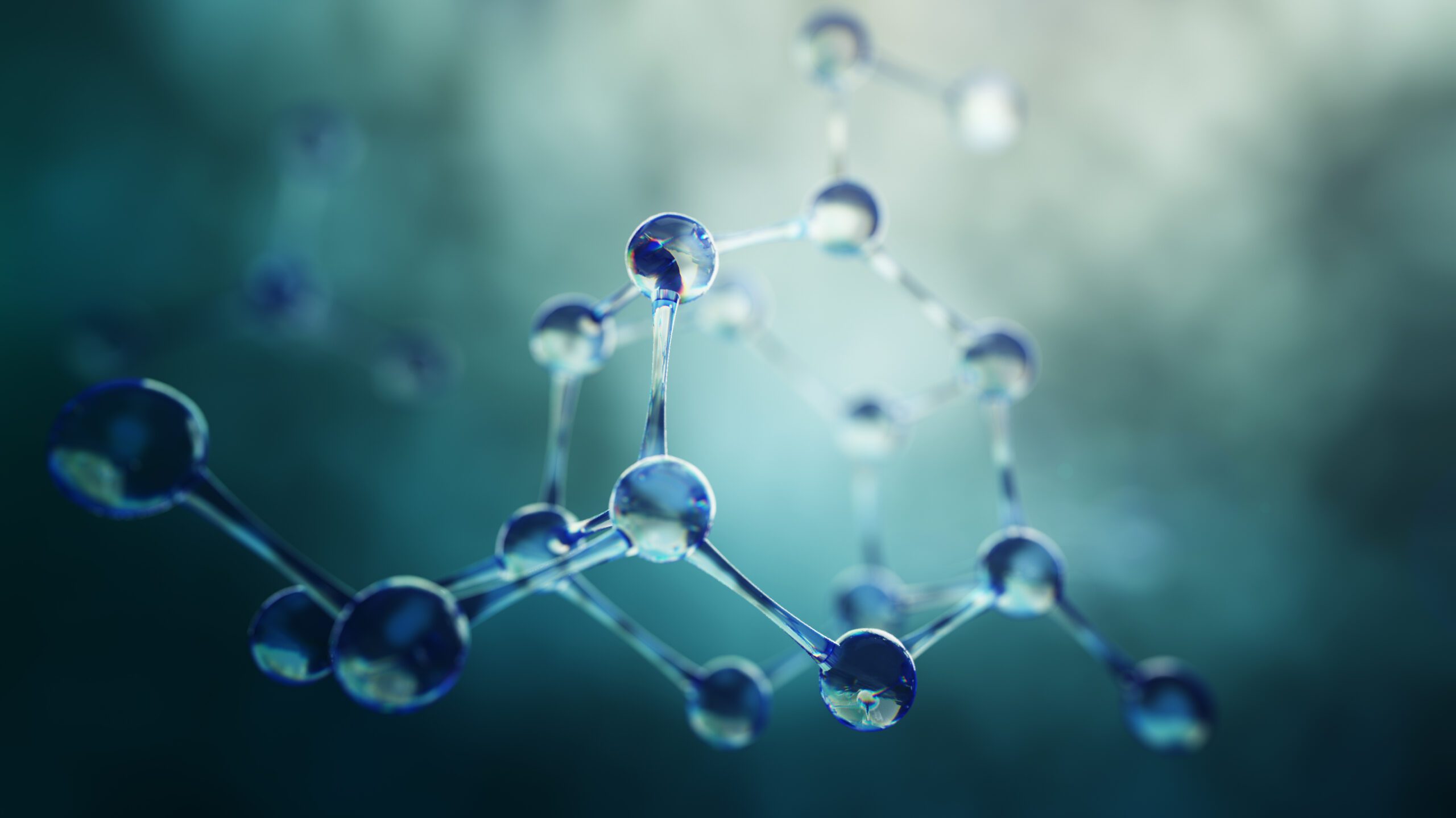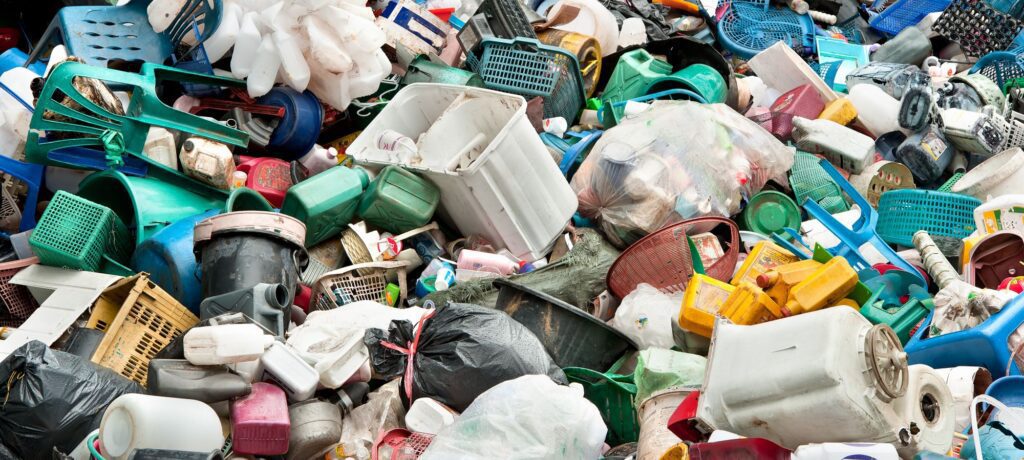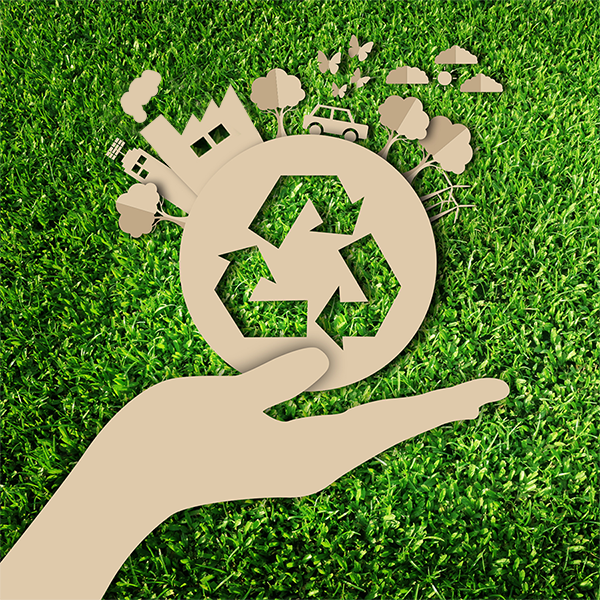Eight new projects receive grants under second ‘Flanders Recycling Hub’ call
The Flemish Government approved financial support for eight investments to make Flanders the leading recycling hub that it whitens. Specifically, they are eight innovative recycling techniques to close the material cycle. It involves a €15 million investment from the government, leveraging a total of €122.3 million in private investment. In this way, Flemish Minister Demir aims to keep materials in the cycle longer and reduce waste, while also preventing the mining of new raw materials. It is already the second time that the Flemish Government is making such investments. Together with the first project call, the Flemish Government is investing 30 million euros in European relaunch funds.
At the end of May 2022, the Flemish Public Waste Agency (OVAM) launched the second and final call for projects on the initiative of Flemish Minister for the Environment Zuhal Demir. A jury assessed all applications for support based on various criteria and submitted a ranking to the Flemish Government. The latter made its final decision on 25 November.
Selected projects
A total of seventeen projects were submitted. Thirteen were eligible for financial support, of which eight were selected for support totalling EUR 15 million. The selected investments show that there are several opportunities in Flanders to invest in recycling.
1) Waste processors Bionerga and Renewi set up the joint venture NEWCO. The aim: to start up and further develop the selective collection and recycling of nappies and incontinence materials. The partners will build a processing plant where they will initially recycle the collected plastics by thermal pressure hydrolysis.
2) As the first in the world, Gluecom developed a process to recycle gelatine waste/recyclate into animal glue on a small scale – without loss of quality. Thanks in part to the aid, it will scale up this process and switch its entire production to recyclates. Gluecom hopes to process 100 per cent of Flemish pharmaceutical gelatine waste into 8,000 tonnes of glue per year.
3) Soprema makes bituminous membranes for the construction industry. These are used for waterproofing roofs, basements, etc., among other things. For these membranes no fully-fledged waste treatment method today. Soprema will build an industrial plant, the first of its kind, to recycle 6,000 tonnes of bituminous membranes per year from construction waste (both cutting waste from construction sites and demolition waste).
4) Bioterra developed a unique mixing plant capable of processing 120,000 tonnes of fine sand into specific sand mixtures for concrete and screed production to replace primary sand replacement. A second plant will further purify 30,000 tonnes of stony fraction into aggregates for the construction industry, addressing the existing problem of glass content.
5) Unilin’s PIRIPAR project includes an entire ecosystem to collect pir (polyisocyanurate) waste and recycle it into a new product: decorative panels. The new building panels can in turn be recycled and reused for the same application. Initially focused on yard waste, it is gradually growing to include yard and demolition waste and a production capacity for 8,000 tonnes of pir waste.
6) JBF Global Europe (JBFGE) is one of the ten largest PET producers in the world. At its site in Laakdal, it is investing in a new recycling process. In this way, JBFGE wants to achieve a larger production capacity (120-126,000 tonnes of post-consumer PET flakes) and higher recycling share. The goal is a food-grade recyclate (i.e. suitable for food packaging) with a recycled content of 60-100%.
7) Recycling company RAFF Plastics has developed a process to recycle lightweight polypropylene (PP) from bigbags into granulate for the Flemish fibre industry. Bigbags are now mainly exported outside Europe. The target is to recycle around 10,000 tonnes of lightweight polypropylene per year.
8) With the SurePUre project, Triple Helix Maas has developed new recycling techniques to reduce solid and flexible PUs (Polyurethane) to their basic components via chemical processes. Triple Helix Maas will apply those processes in a new depolymerisation plant in the Antwerp port area. That will be able to process up to 30,000 tonnes of PU waste on an annual basis.


